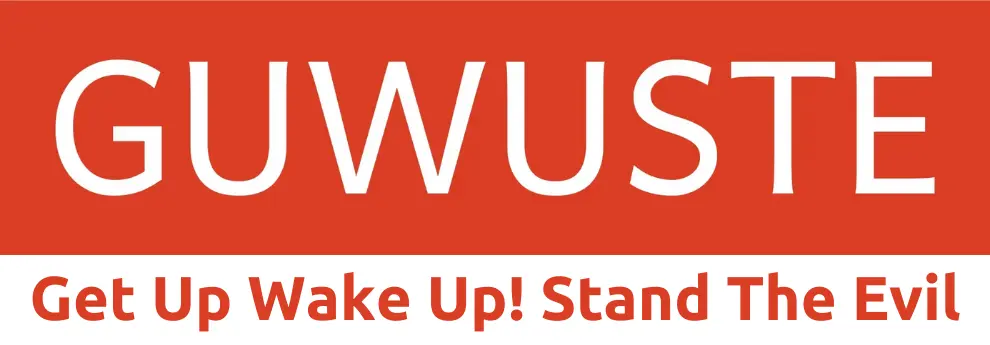We Need to Develop a Blue Pipe Concept...
26 May 2024
- Share:

We must develop a Blue Pipe Concept!
Water Wars are upon us...
Imagine waking up in the morning and drinking two glasses of water. Flushing the sink and washing your hands uses about 10 liters of water. If you have a family of five people, that is a daily consumption of 50 liters of water. When washing balconies and bathrooms, sweeping the front of the house, watering the garden or cleaning your car, you use about 100 liters of water. Watering the garden increases the water consumption even more depending on the size of the garden, which is now drinking water quality.
In 2023, the average daily water use in Istanbul was recorded as 3 million cubic meters.
We can explain this with an example: Imagine a cube with 100 meters on each side; this is a volume of 1 million cubic meters. Every day in Istanbul, three times this volume of water is consumed. Assuming a daytime population of about 20 million and assuming that each person drinks 2 liters of water per day, we conclude that this population consumes 40 million liters of water in total.
40 million liters of water equals 40 thousand cubic meters. When we divide 3 million cubic meters of water into units of 40 thousand cubic meters, the result is 75. This means that people living in Istanbul consume every 40 thousand cubic meters of drinking water provided by the municipality in potable quality. However, 74 times this amount of water is wasted for various purposes.
I would like to give a simple example of water conservation in deserts, desert revitalization and agricultural progress in Saudi Arabia. Saudi Arabia has made significant strides in these areas by retaining floodwater with dams, using wastewater without treatment and utilizing drinking water in various ways.
There is a concept that urgently needs to be realized in Turkey
This concept is called the blue pipe system. The blue pipe represents drinking water. It is connected to the water network and installations inside the building, the amount of usage is measured by a clock and payment is made accordingly. Only one blue pipe must be connected, especially for kitchens, and only potable quality water must flow through this pipe. The other pipes must carry raw water, which can be wastewater, artesian well water or collected rainwater, and may even contain a certain proportion of seawater.
What will happen in this situation?
Water used for toilets, cleaning balconies, washing cars or watering gardens will not be of drinking quality and a separate line will be used for these purposes. However, drinking quality water should only be supplied through the blue pipeline.
Imagine a family of five: one parent and three children. If each of them consumes two liters of water per day, this means a total of ten liters per day. This equals about three hundred liters of water per month. If we double this amount, we can provide six hundred to seven hundred liters of drinking water per month to all our citizens, households, free of charge. Let's say six hundred liters; for consumption above this amount, a gradual pricing system can be applied. As consumption increases, the price of water can be gradually increased accordingly.
Provide other water very cheaply so that there is no pollution.
Without water, basic needs such as toilets would not function. The construction of high-rise buildings increases the need for water power. Dirt can lead to the spread of diseases, which can turn into serious epidemics. The blue pipe concept allows us to save water by providing drinking water quality water in new and old buildings and using the rest as raw water.
The blue pipe alone is not enough. The dams, natural lakes and rivers in our country should be combined into an integrated water system, which would allow for the conscious and efficient use of water resources, especially in the Southeast and East regions, to both save money and systematize water use.
Water is a great blessing, but its scarcity is also a reality.
Past water shortages, especially the dry spell of 2020, raise concerns about future water security. For 2024, there is no guarantee of a wet season, raising the risk of drought this year as well. Lack of water is a harbinger of impending danger, leading to shortages and declining crop yields. Agricultural activities, on the other hand, continue: sowing, planting and harvesting. Harvesting and stockpiling crops is an inevitable necessity.
It is a fact that access to water is vital under all circumstances. If access is not ensured, we may face water wars, strategies and struggles in the next 3-5 years. To prevent this potential crisis, we need to systematically manage the water use of our cities and water conservation across Turkey. With an effective water management, we can overcome the current scarcity and thirst problems with minimal damage.
May God grant my hometown no water shortage...
Prof. Dr. Mete GÜNDOĞAN
Guwuste.com
Arise and warn, and put a stop to evil
Do not forget to share if you like our article...






